MetaMask vs Coinbase Wallet - Which One is Better?

In the world of decentralized finance (DeFi), the demand for secure and user-friendly crypto wallets has skyrocketed. Two prominent contenders in this space are MetaMask and Coinbase Wallet.
Both wallets offer unique features and benefits, and in this article, we will delve into their differences and help you make an informed decision when choosing the right wallet for your needs.
MetaMask Overview
MetaMask, founded in 2016 by ConsenSys, is a popular crypto wallet explicitly designed for the Ethereum ecosystem.
It started as a simple desktop extension but has since evolved into a full-fledged self-custody wallet with a mobile application available on Android and iOS devices.
Initially compatible only with Firefox and Chrome browsers, MetaMask has expanded its reach to include Microsoft Edge and Brave browsers.
The critical advantage of MetaMask is its simplicity and convenience. It offers a user-friendly interface that makes dealing with cryptocurrencies a breeze, even for beginners.

As a non-custodial and open-source wallet, MetaMask puts users in control of their assets and supports all Ethereum tokens. Additionally, it allows for easy integration with cold wallets like Ledger Nano, further enhancing security.
Coinbase Wallet Overview
Next, let's explore Coinbase Wallet, a decentralized self-custody wallet accessible through the browser of your mobile device.
It offers a secure way to store, send, and receive cryptocurrencies such as Bitcoin, Ethereum, Bitcoin Cash, Litecoin, Ethereum Classic, Stellar Lumens, XRP, Dogecoin, and ERC20 tokens.
Coinbase Wallet is designed by Coinbase's world-leading exchange team, ensuring top-notch security and user experience.

One of the standout features of Coinbase Wallet is its seamless integration with decentralized applications (dApps).
It comes with a built-in dApps browser, allowing users to interact with various dApps without the need to authorize each transaction individually. This feature enhances the overall convenience and accessibility of the wallet.
MetaMask vs Coinbase Wallet - Key Differences
Now that we have explored the overviews of MetaMask and Coinbase Wallet. Let's dive into their fundamental differences in more detail:
Beginner Friendliness
MetaMask and Coinbase Wallet are designed to be user-friendly, making them suitable for beginners looking to interact with decentralized applications (dApps). However, there are some notable distinctions in terms of ease of use.
MetaMask, being a browser extension wallet, offers a simple transaction process. Its user-friendly interface and straightforward setup make it a popular choice among users.
MetaMask does not require users to go through a Know Your Customer (KYC) process, allowing for a faster onboarding experience.
On the other hand, Coinbase Wallet provides a more streamlined and intuitive interface. Its mobile app offers a seamless user experience, especially for those familiar with the leading Coinbase platform.
Coinbase Wallet users can easily transition to self-custody thanks to the integration between the wallet and the main Coinbase app.
Trust and Security
When it comes to cryptocurrency wallets, trust and security are paramount. MetaMask and Coinbase Wallet offer robust security measures to protect users' assets but employ different approaches.
MetaMask's security revolves around the private keys stored locally on users' devices. All transactions are secured by a 12-word seed phrase, ensuring high safety.
Additionally, MetaMask can be integrated with hardware wallets like Ledger Nano, adding an extra layer of protection.
Coinbase Wallet, on the other hand, emphasizes security through encryption and multi-factor authentication. Private keys are encrypted on users' devices, and Coinbase cannot decrypt the wallet without the user's password.
Furthermore, Coinbase offers insurance coverage for most of the funds stored on its platform, providing an additional layer of protection.
It's important to note that while both wallets prioritize security, MetaMask's integration with hardware wallets may offer higher security than Coinbase Wallet's hot wallet setup.
Supported Cryptocurrencies
The range of supported cryptocurrencies is another crucial aspect when comparing MetaMask and Coinbase Wallet.
MetaMask primarily focuses on the Ethereum ecosystem, supporting Ethereum and Ethereum-based tokens (ERC20 tokens). It has become a go-to wallet for users engaging with decentralized finance (DeFi) applications hosted on the Ethereum blockchain.
Coinbase Wallet, on the other hand, offers support for a broader range of cryptocurrencies, including Bitcoin, Ethereum, Bitcoin Cash, Litecoin, Ethereum Classic, Stellar Lumens, XRP, Dogecoin, and ERC20 tokens.
This broader compatibility allows Coinbase Wallet users to interact with multiple digital assets and blockchain networks.
The choice between MetaMask and Coinbase Wallet regarding supported cryptocurrencies depends on individual preferences and the specific blockchain ecosystems users wish to engage in.
Standout Features
Both MetaMask and Coinbase Wallet offer unique features that set them apart from other wallets in the market.
One of the standout features of Coinbase Wallet is its built-in dApps browser. This browser allows users to seamlessly interact with various decentralized applications without authorizing each transaction individually.
It provides a gateway to decentralized finance and expands the possibilities for users.
MetaMask, on the other hand, has evolved from a simple web extension wallet to a comprehensive platform. One of its notable features is integrating a coin-swapping mechanism within the app.
This feature allows users to exchange ERC20 tokens throughout the DeFi ecosystem without visiting a decentralized exchange (DEX). MetaMask evaluates DEX rates to provide users with the best liquidity deals.
These standout features cater to different user preferences. Coinbase Wallet's dApps browser offers convenience and efficiency, while MetaMask's coin-swapping mechanism simplifies the DeFi experience.
Pros and Cons
Let's summarize the pros and cons of MetaMask and Coinbase Wallet for a clearer understanding of their respective strengths and weaknesses:
MetaMask Pros:
- Non-custodial and open-source
- Supports all Ethereum tokens
- Easy to use
- Available on popular browsers
MetaMask Cons:
- It is a hot wallet, which may pose security risks compared to hardware wallets
- Limited compatibility with cryptocurrencies other than Ethereum and its tokens
- Transaction fees can be relatively higher compared to other wallets
Coinbase Wallet Pros:
- Self-custodial wallet
- Designed by Coinbase's reputable exchange team
- Mobile app available for Android and iOS
- Integration with decentralized applications (dApps)
Coinbase Wallet Cons:
- It is not as secure as hardware wallets due to being a hot wallet
- It is more centralized compared to some other standalone wallets
- Limited customization options for the user interface and transaction processes
Is MetaMask Safe?
MetaMask utilizes a combination of private key storage on users' devices and a 12-word seed phrase for backup. This approach ensures that users have complete control over their private keys and can recover their wallets in case of device loss or failure.
However, being a hot wallet, MetaMask is susceptible to hacking and phishing attempts. Users must exercise caution and follow best security practices to mitigate these risks.
Is Coinbase Wallet Safe?
Coinbase Wallet, although a hot wallet, employs encryption and multi-factor authentication to secure users' private keys.
Coinbase also offers insurance coverage for most of the funds stored on its platform, providing an extra layer of protection. However, as with any hot wallet, there is always a risk of potential vulnerabilities and attacks.
MetaMask and Coinbase Wallet offer reasonable security measures, but users should remain vigilant and take necessary precautions to safeguard their assets.
MetaMask vs Coinbase Wallet - Which One is Right for You?
Choosing the right crypto wallet depends on individual preferences and requirements. Here are some factors to consider when deciding between MetaMask and Coinbase Wallet:
- Purpose and Functionality: MetaMask is ideal for users looking for a browser-based wallet with easy integration into the Ethereum ecosystem. Coinbase Wallet, on the other hand, offers a streamlined mobile experience with integration into the Coinbase exchange platform.
- Supported Cryptocurrencies: If you primarily deal with Ethereum and Ethereum-based tokens, MetaMask is a suitable choice. However, if you want access to a broader range of cryptocurrencies, Coinbase Wallet offers more options.
- Trust and Security: Both wallets prioritize security, but MetaMask's integration with hardware wallets may provide more protection than Coinbase Wallet's hot wallet setup.
- Convenience and User Experience: MetaMask's browser extension setup allows easy access from any device with an internet connection. Coinbase Wallet's mobile app offers a more intuitive and user-friendly experience.
- Transaction Fees: Consider the cost of transactions, as MetaMask's fees may be relatively higher than Coinbase Wallet's.
Ultimately, the choice between MetaMask and Coinbase Wallet depends on your preferences, level of involvement in particular blockchain ecosystems, and desired features.
Remember, when choosing a crypto wallet, conduct thorough research and evaluate your specific needs to make an informed decision.
Conclusion
In conclusion, MetaMask and Coinbase are popular and reputable crypto wallets offering unique features and benefits. MetaMask is known for its simplicity, Ethereum compatibility, and DeFi ecosystem integration.
Coinbase Wallet, on the other hand, offers a user-friendly interface, seamless integration with the Coinbase exchange platform, and support for a broader range of cryptocurrencies.
When choosing between MetaMask and Coinbase Wallet, consider factors such as ease of use, supported cryptocurrencies, security measures, and specific features that align with your needs. Ultimately, the decision comes down to personal preferences and requirements.
Whichever wallet you choose, remember to prioritize security and take necessary precautions to protect your digital assets.
FAQs
Q1. Is MetaMask better than Coinbase Wallet?
MetaMask and Coinbase Wallet have their strengths and weaknesses. MetaMask is known for its simplicity, compatibility with Ethereum, and integration with decentralized applications.
Coinbase Wallet offers a user-friendly interface, seamless integration with the Coinbase exchange platform, and support for a broader range of cryptocurrencies. The choice depends on individual preferences and requirements.
Q2. Which wallet has lower transaction fees, MetaMask or Coinbase Wallet?
Transaction fees vary depending on network congestion and specific transactions. It's important to check the current fee structures on each wallet platform. However, MetaMask's prices may be relatively higher compared to Coinbase Wallet.
Q3. Can MetaMask and Coinbase Wallet be used simultaneously?
Yes, MetaMask and Coinbase Wallet can be used simultaneously. Each wallet has unique features and benefits, and users can choose to utilize both wallets based on their specific needs and preferences.
Q4. Can I use MetaMask or Coinbase Wallet for cryptocurrencies other than Ethereum?
MetaMask primarily supports Ethereum and Ethereum-based tokens. Coinbase Wallet supports a broader range of cryptocurrencies, including Bitcoin, Ethereum, Bitcoin Cash, Litecoin, Ethereum Classic, Stellar Lumens, XRP, Dogecoin, and ERC20 tokens.
Q5. Can I integrate a hardware wallet with MetaMask or Coinbase Wallet?
MetaMask allows for integration with hardware wallets like Ledger Nano, providing an additional layer of security. Coinbase Wallet, being a hot wallet, does not offer direct integration with hardware wallets.
Q6. Can I use MetaMask or Coinbase Wallet without going through a KYC process?
MetaMask does not require users to go through a KYC process, allowing for a faster onboarding experience. Coinbase Wallet, associated with Coinbase exchange, requires users to verify their identity depending on the region and specific services utilized.
Q7. Can I customize the user interface and transaction processes in MetaMask and Coinbase Wallet?
Coinbase Wallet offers limited customization options for the user interface and transaction processes. MetaMask provides more flexibility in customizing transaction processes through its coin-swapping mechanism.
Q8. Are MetaMask and Coinbase Wallets available worldwide?
Yes, both MetaMask and Coinbase Wallet are available in multiple countries worldwide. However, specific services and features may vary depending on the region and regulatory requirements.
Disclaimer
The information provided on this website does not constitute investment advice, financial advice, trading advice, or any other advice, and you should not treat any of the website's content as such.
Token Metrics does not recommend that any cryptocurrency should be bought, sold, or held by you. Conduct your due diligence and consult your financial advisor before making investment decisions.
Create Your Free Token Metrics Account

.png)




%201.svg)
%201.svg)


%201.svg)



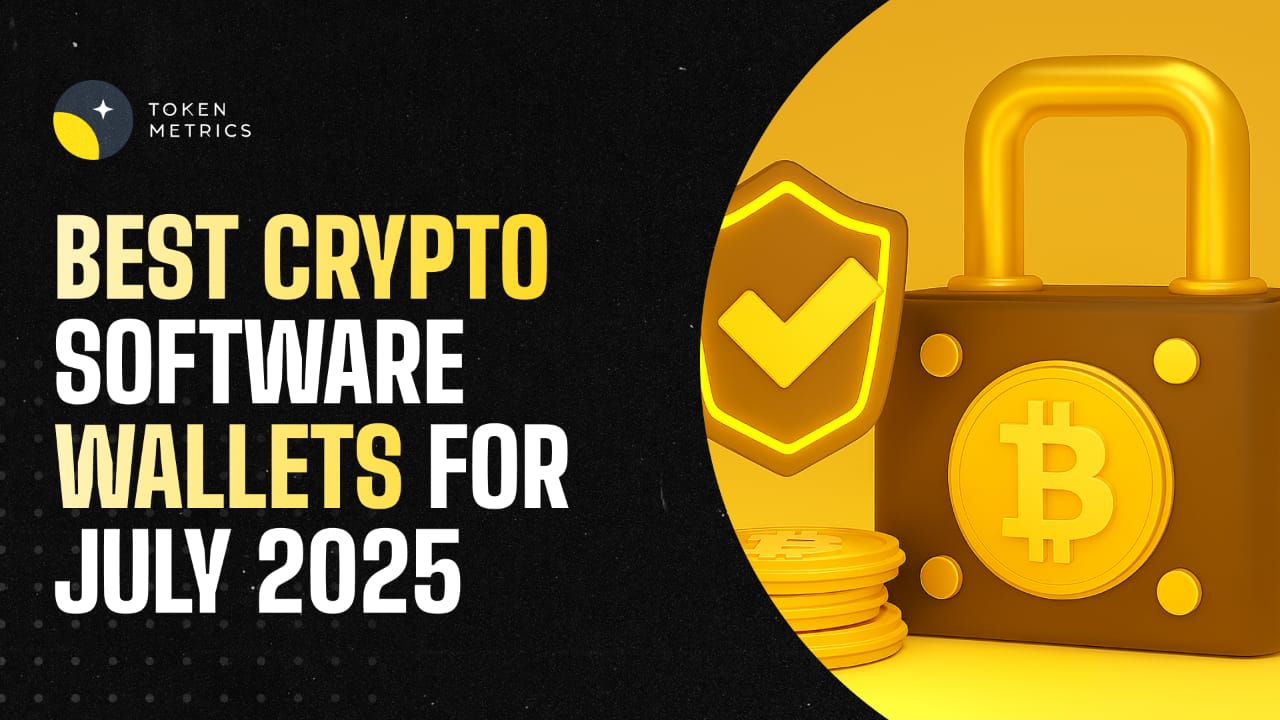



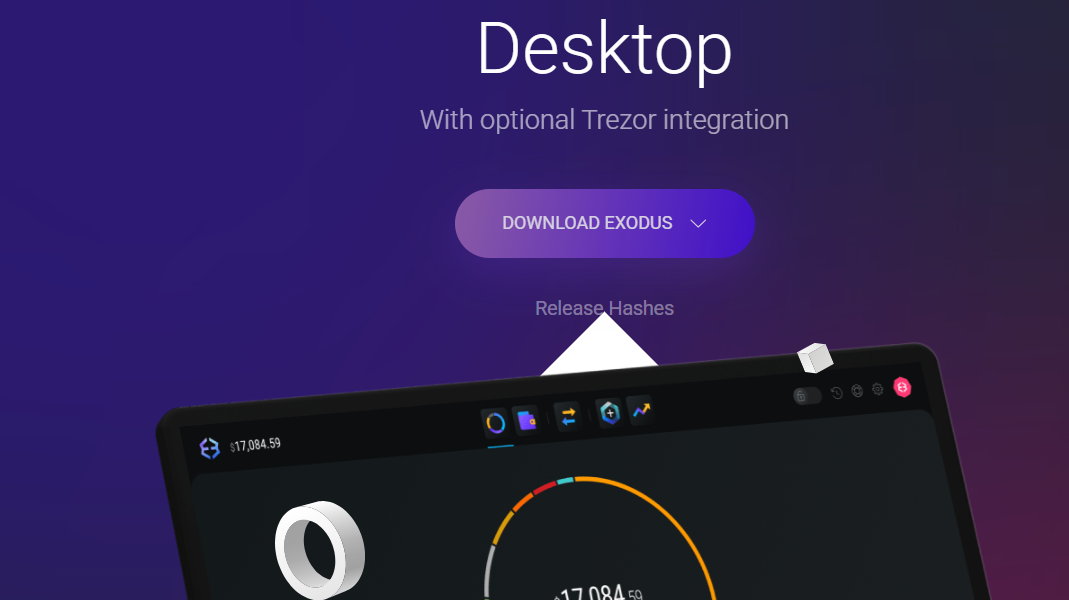
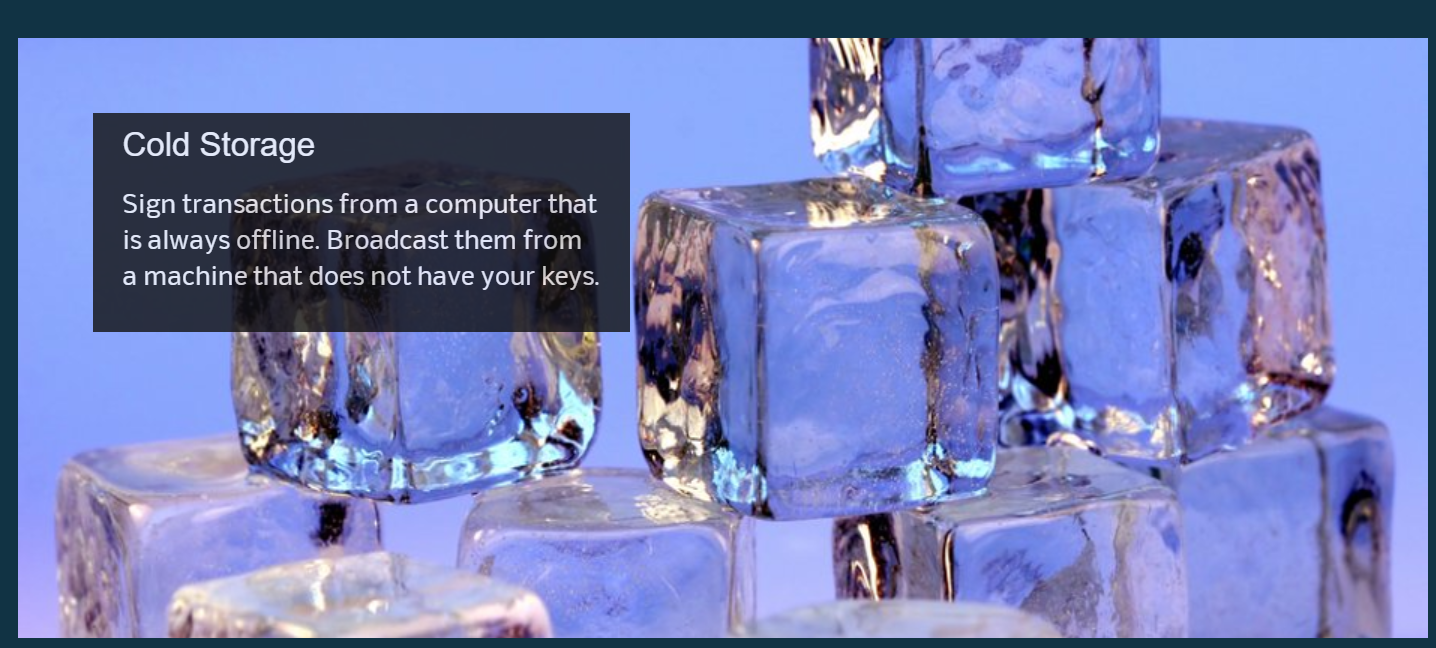


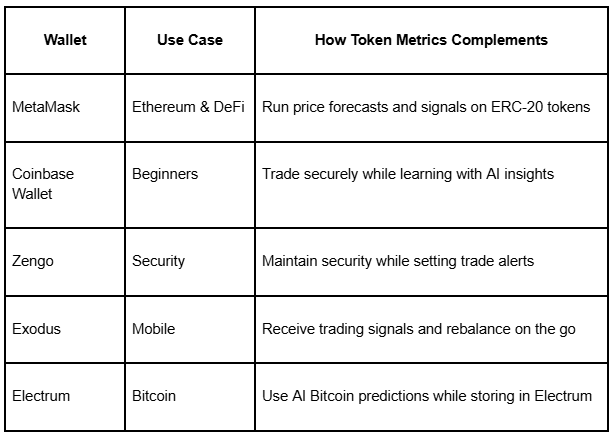
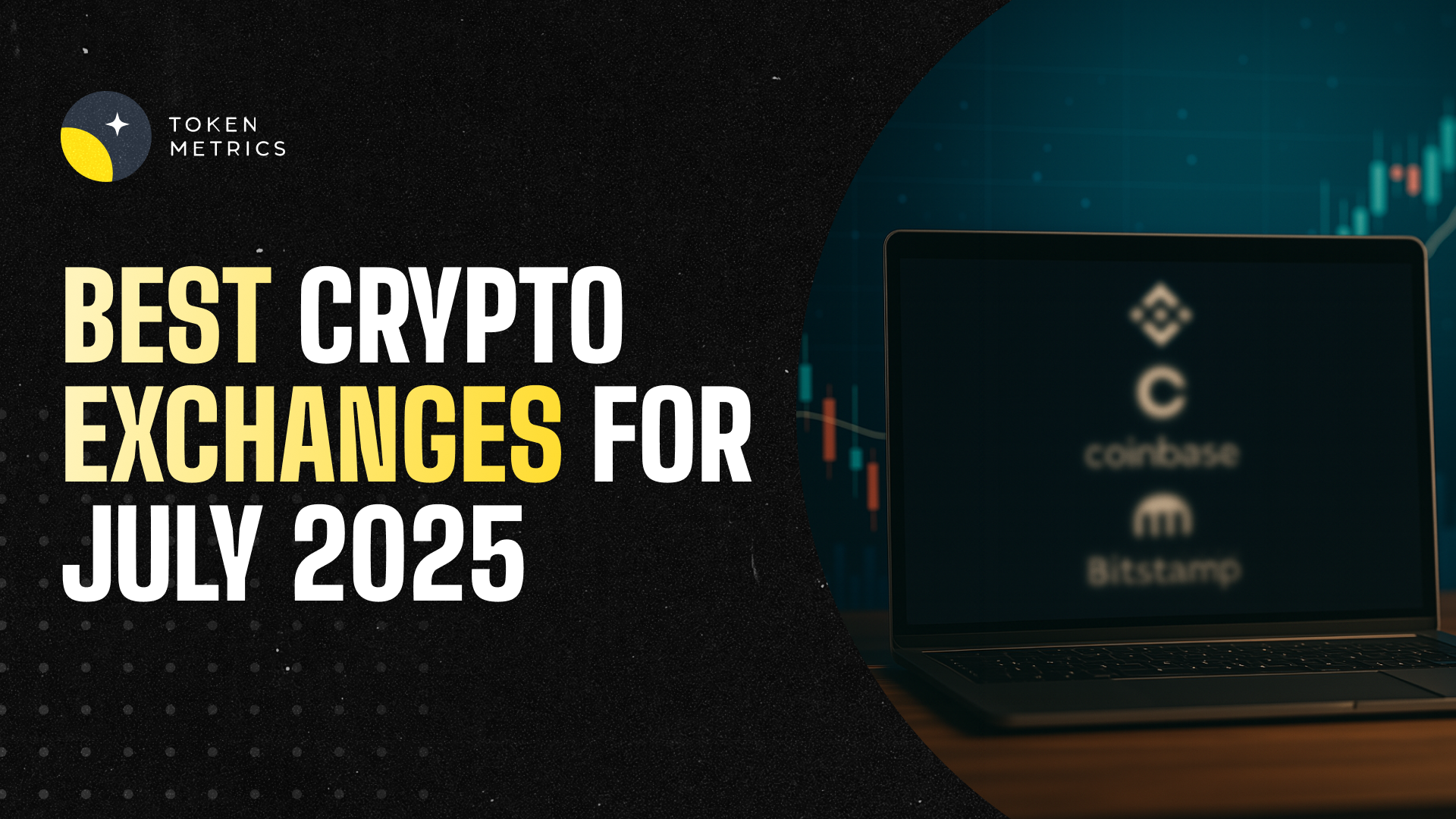
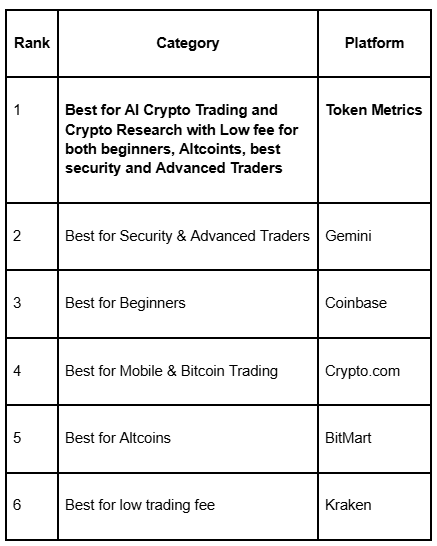





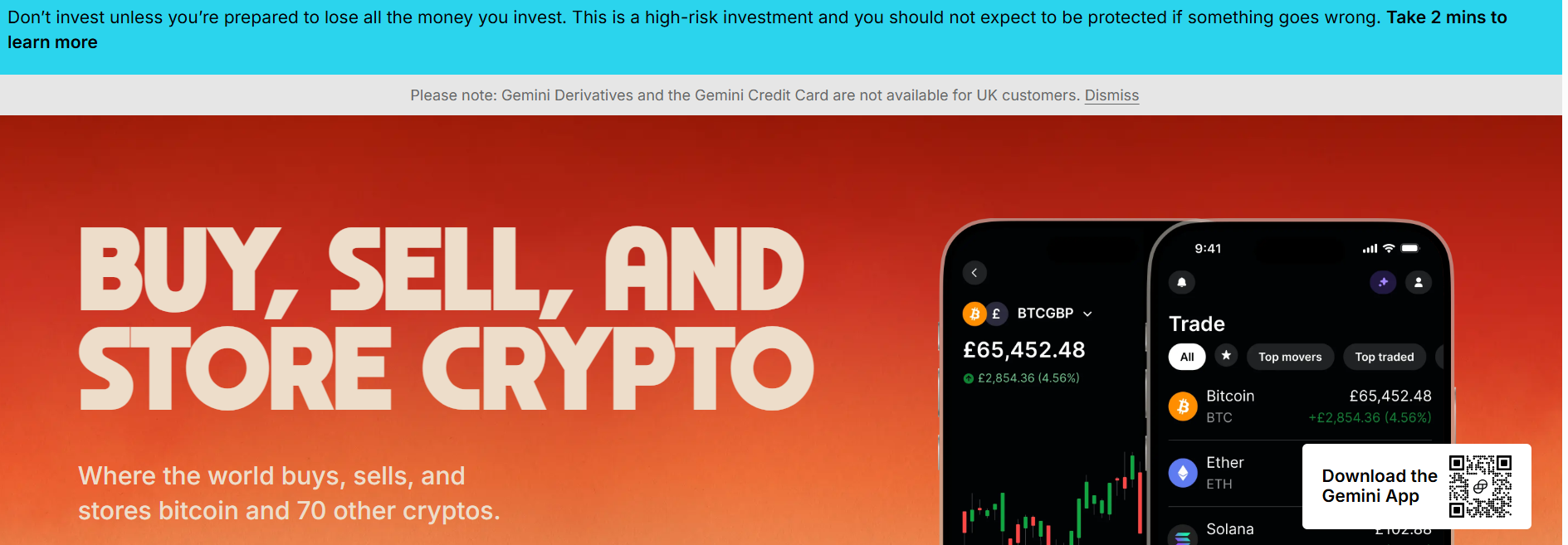
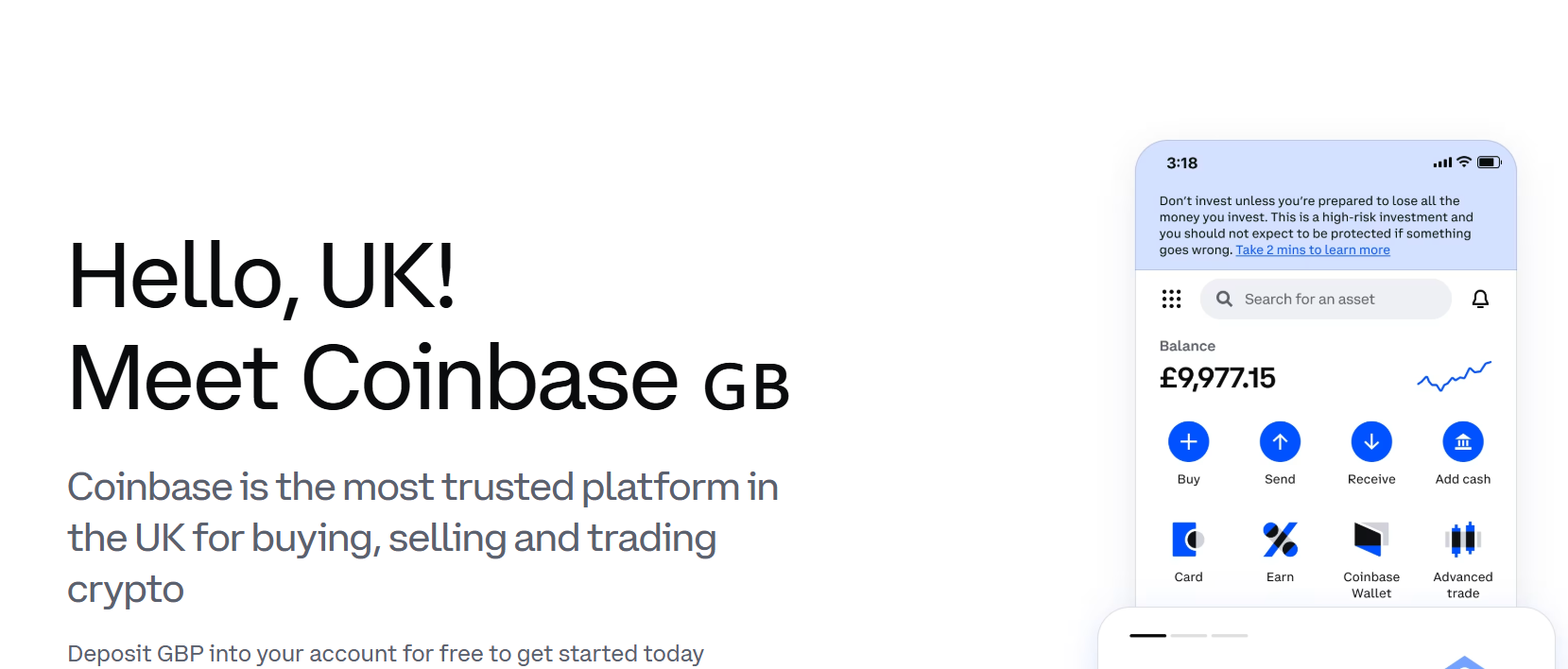
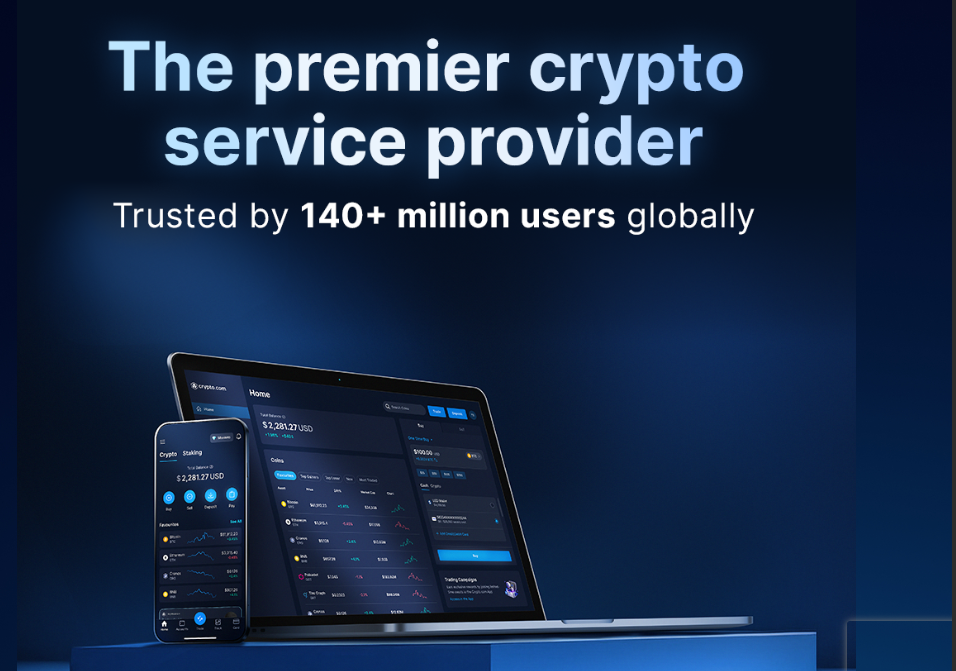
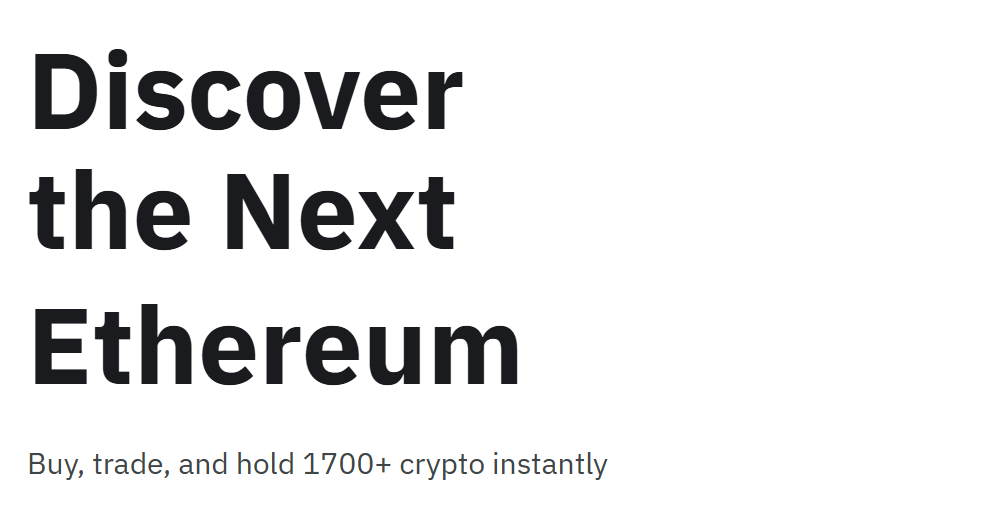
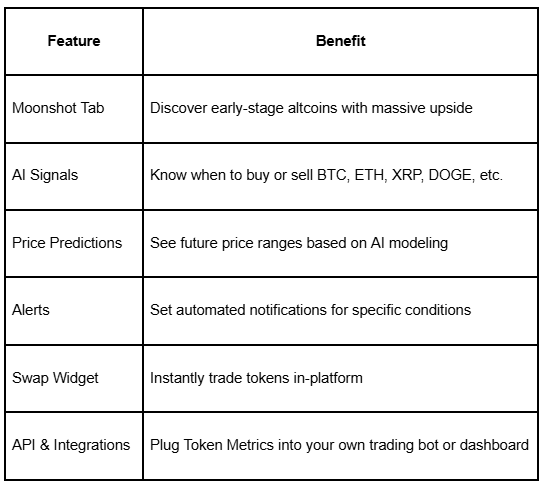
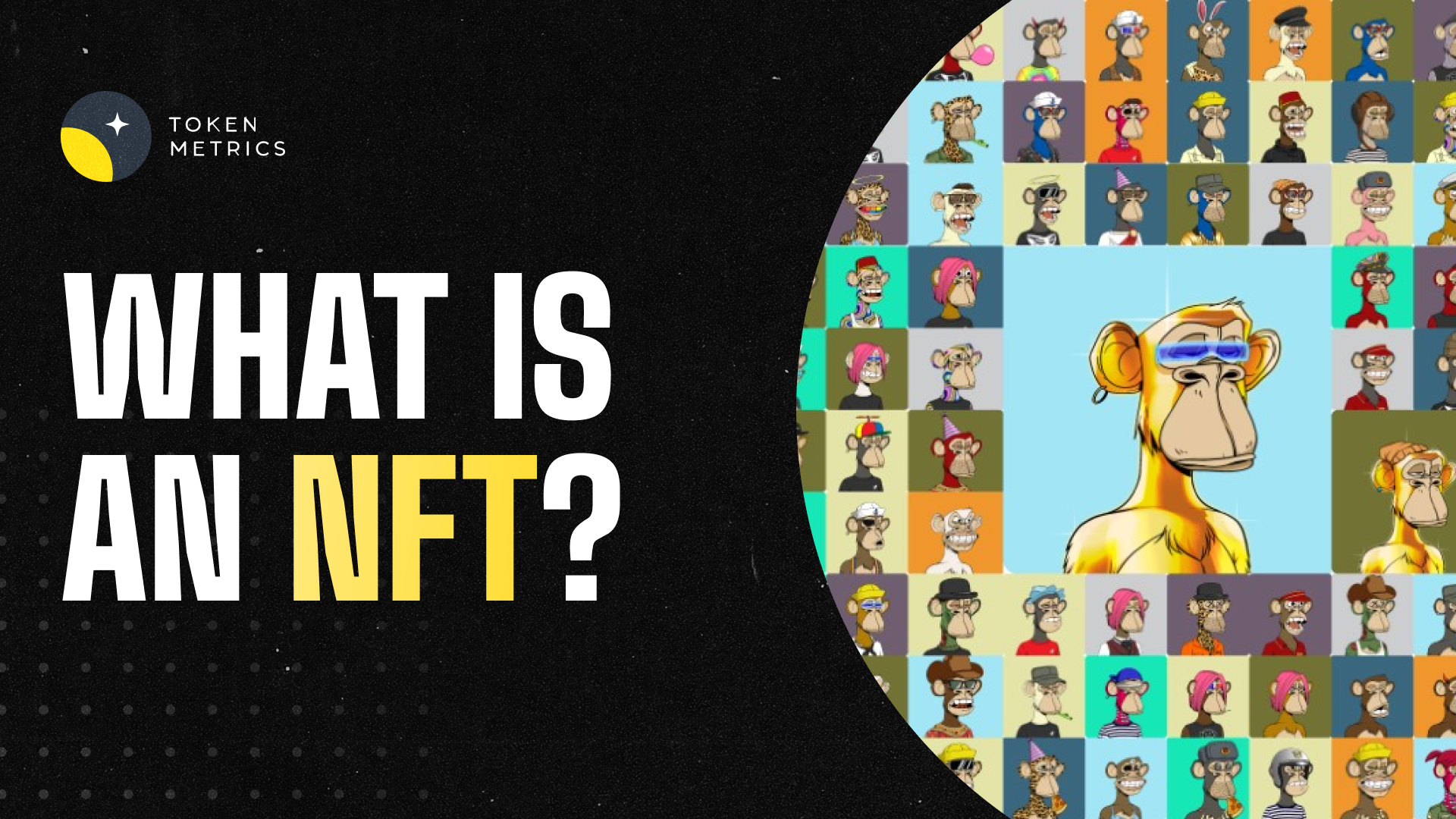

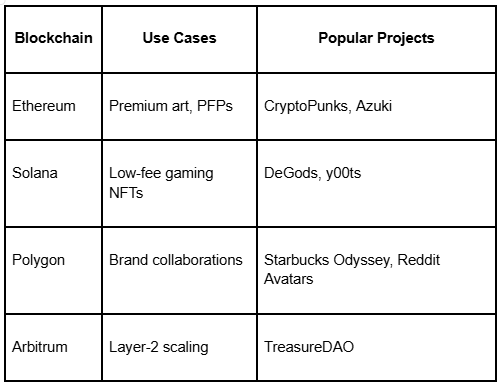




.svg)




.png)